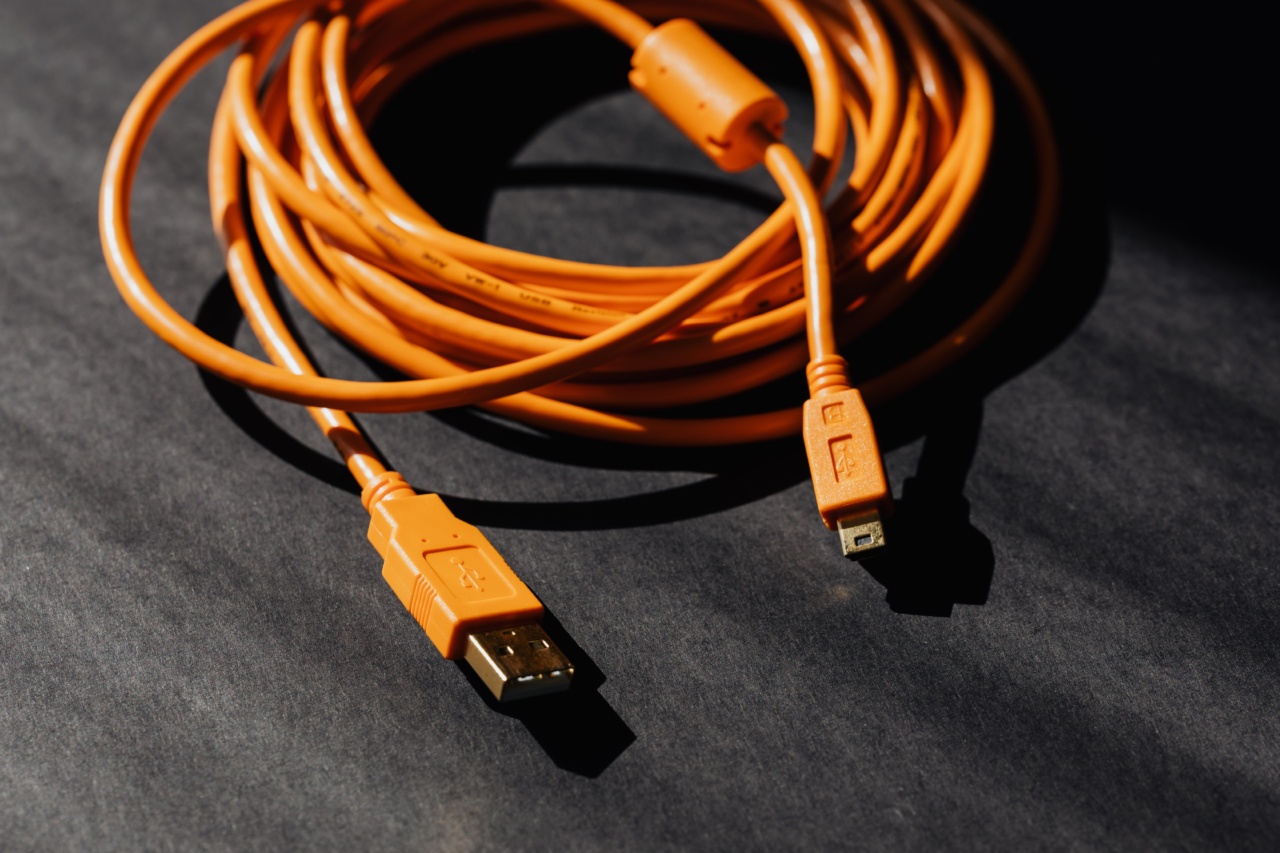Diabetes is a chronic condition that affects millions of people worldwide. It is characterized by high levels of glucose in the blood, which can lead to a variety of health complications.
While most people are aware of the potential complications of diabetes such as heart disease, kidney failure, and nerve damage, many are unaware of the link between diabetes and hearing loss. Recent studies have shown that individuals with diabetes are more likely to experience hearing problems compared to those without the condition.
In this article, we will explore the connection between diabetes and hearing loss and discuss potential mechanisms and preventive measures.
Understanding Diabetes and its Complications
Diabetes mellitus, commonly referred to as diabetes, is a metabolic disorder that affects the body’s ability to regulate glucose. There are two main types of diabetes: type 1 and type 2.
Type 1 diabetes typically develops early in life and is characterized by the body’s failure to produce insulin, a hormone necessary for glucose utilization. Type 2 diabetes, on the other hand, is more common and usually develops later in life. It is characterized by insulin resistance, where the body fails to effectively utilize the insulin it produces.
Diabetes can lead to various complications due to elevated glucose levels. High blood sugar can damage blood vessels and nerves throughout the body, impairing organ function and causing long-term health problems.
Common complications of diabetes include cardiovascular disease, kidney disease, neuropathy, and retinopathy. However, recent research has uncovered a significant association between diabetes and hearing loss as well.
The Connection between Diabetes and Hearing Loss
Several studies have reported a higher prevalence of hearing loss in individuals with diabetes compared to those without the condition.
A 2008 study published in the Annals of Internal Medicine found that people with diabetes were twice as likely to have hearing impairment compared to those without diabetes. Another study from 2013, published in the Journal of Clinical Endocrinology & Metabolism, reported that individuals with diabetes had a 30% higher risk of developing hearing loss compared to those without diabetes.
So, what is the underlying link between diabetes and hearing loss? Researchers have proposed several potential mechanisms that may explain the association:.
1. Microvascular Damage
Diabetes can cause damage to blood vessels throughout the body, including those in the ears. The tiny blood vessels in the cochlea, the auditory portion of the inner ear, may be particularly susceptible to these microvascular changes.
Reduced blood flow and oxygen supply to the cochlea can lead to degeneration of the hair cells responsible for detecting sound, resulting in hearing loss.
2. Nerve Damage
Elevated glucose levels in diabetes can also lead to nerve damage, a condition known as diabetic neuropathy. This nerve damage can affect the auditory nerves responsible for transmitting sound signals from the cochlea to the brain.
When these nerves are damaged, the brain may have difficulty processing sound, leading to hearing impairment.
3. Inflammation
Chronic inflammation is another potential mechanism linking diabetes and hearing loss. Diabetes is associated with increased levels of inflammatory markers in the body, which can contribute to damage in various organs, including the inner ear.
Inflammation in the cochlea can disrupt the delicate structures involved in hearing, leading to hearing loss.
Preventive Measures and Management
While the link between diabetes and hearing loss is concerning, the good news is that there are steps individuals can take to reduce their risk and manage potential hearing problems:.
1. Maintain Blood Sugar Levels
Keeping blood sugar levels within a target range is crucial for preventing or delaying the onset of diabetes-related complications, including hearing loss.
This can be achieved through a combination of regular physical activity, a balanced diet, and appropriate medication or insulin therapy as prescribed by a healthcare professional.
2. Regular Hearing Screenings
Individuals with diabetes should prioritize regular hearing screenings to detect any potential hearing loss early on.
Catching hearing problems at an early stage can greatly improve the effectiveness of interventions and minimize the impact on quality of life.
3. Blood Pressure Management
High blood pressure is both a risk factor for diabetes and a potential contributor to hearing loss.
Managing blood pressure through lifestyle modifications, such as reducing sodium intake, exercising regularly, and taking prescribed medications, can help protect against both conditions.
4. Avoid Excessive Noise
Exposure to loud noise can further contribute to hearing loss, especially in individuals already at risk due to diabetes.
Avoiding prolonged exposure to loud noises and using ear protection, such as earplugs or earmuffs, in noisy environments can help preserve hearing function.
Conclusion
As the prevalence of diabetes continues to rise worldwide, understanding its potential complications becomes increasingly important. The link between diabetes and hearing loss is one such complication that deserves attention.
By implementing preventive measures and managing blood sugar levels, individuals with diabetes can significantly reduce their risk of developing hearing problems. Regular hearing screenings and maintaining overall health are crucial for early detection and intervention. By connecting the dots between diabetes and hearing loss, we can empower individuals to take control of their health and well-being.





























